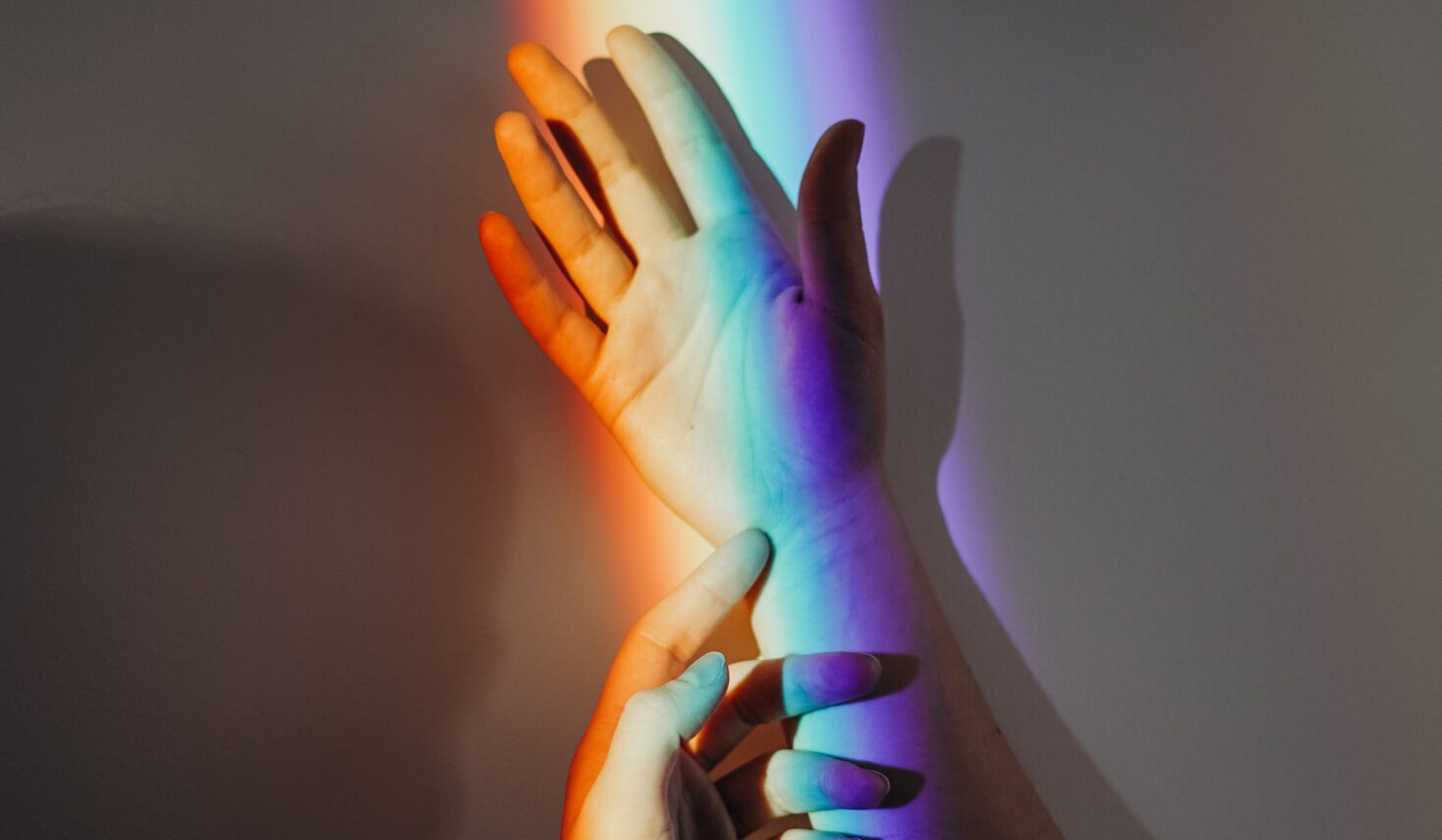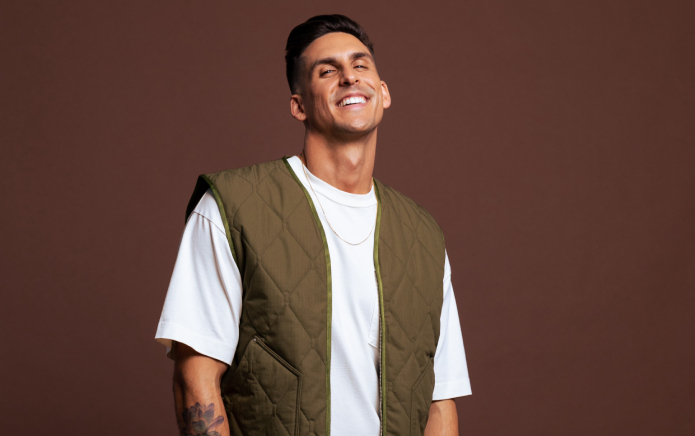
I am a lover of Pride. Since COVID restrictions were lifted, I have been to 20 different Prides, across the UK and internationally.
But Pride events are set up for the majority of people, the able-bodied and neurotypical. Unfortunately, like many of us, I have a hidden disability. I am autistic, which in some respects makes me incredibly lucky – although I do frequently run into issues around accessibility, I am able-bodied. Luckily, more and more Prides are recognising the need to include spaces for those who are disabled, although admittedly we still have a long way to go.
Having been to so many events, I am a pro at managing my disability at Pride. I know when the environment is too much for me. At most Pride events I try to get a disability pass, giving me access to less crowded areas where I can have the space I need, and I always carry with me my ‘Pride survival kit’. My survival kit contains a few things that help me lessen my anxiety and help prevent sensory overload; always on my person are earbuds, a battery pack, a radar key, a reusable straw and plastic cutlery.
Although I am as prepared as possible, attending Pride internationally has proved a problem for me on some occasions, when I have been left without the language skills to be able to ask for help. From clinging to a lamp post in Berlin so I didn’t get pushed through the crowd in a dazed state, to being taken to hospital in a French ambulance after a meltdown, I have had to develop a system over the last few years.
I take part in the parade, before heading back to my hotel room for food and a timeout, which might look like watching an episode of a TV show or having a shower. If I’m lucky, like I was in Madrid, I’m close to one of the stages and can watch from the window of my air conditioned room! This might not work for everyone, but it’s important that we all celebrate Pride our own way.
At the big UK Pride celebrations, like London, Brighton and Manchester, it’s easy to request access passes and find out what support is available. But with such large-scale events, there is always a chance that things can go wrong. The first time I used an accessible space at a big Pride event there was a miscommunication with security, who told me the provision was only for those in wheelchairs. Luckily, a lovely Pride volunteer got me to the right place.
As ever, grassroots Pride events like London Trans+ Pride are leading the way in accessibility. This year, the parade was led by disabled people, single-use earbuds were handed out to those who wanted them, the speakers described themselves before speaking, and a BSL interpreter was present.
But for me, the shining star of Pride accessibility has been Pride Cymru. Organisers had tailor-made an area for those with sensory needs – lights were dimmed, water was available, activities were set out and it was far enough from the stage to be quiet.
Overall, Pride isn’t always the most accessible experience. It can be overwhelming, routes can change at the last minute or have difficult terrain, but ultimately, this won’t stop me from attending in the future, I love being surrounded by fellow LGBTQ+ people, and being able to celebrate by expressing yourself, which so often you can’t do the rest of the year. I hope that all Pride events can become more accessible, so all LGBTQ+ people with disabilities can experience the joy that I and so many others have.
Roan Maclean is an ambassador for Just Like Us, the LGBTQ+ young people’s charity. LGBTQ+ people aged 18 to 25 can volunteer here.
